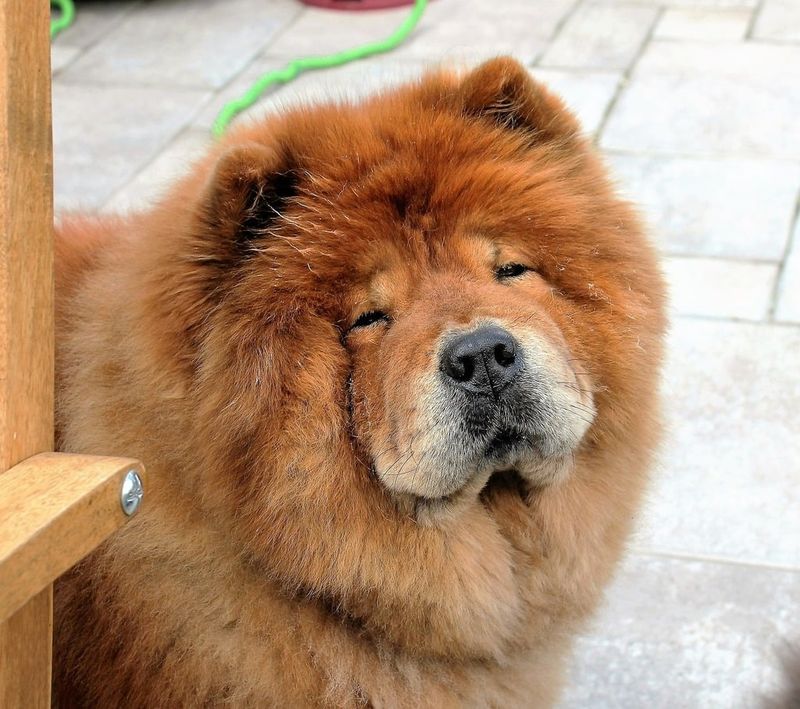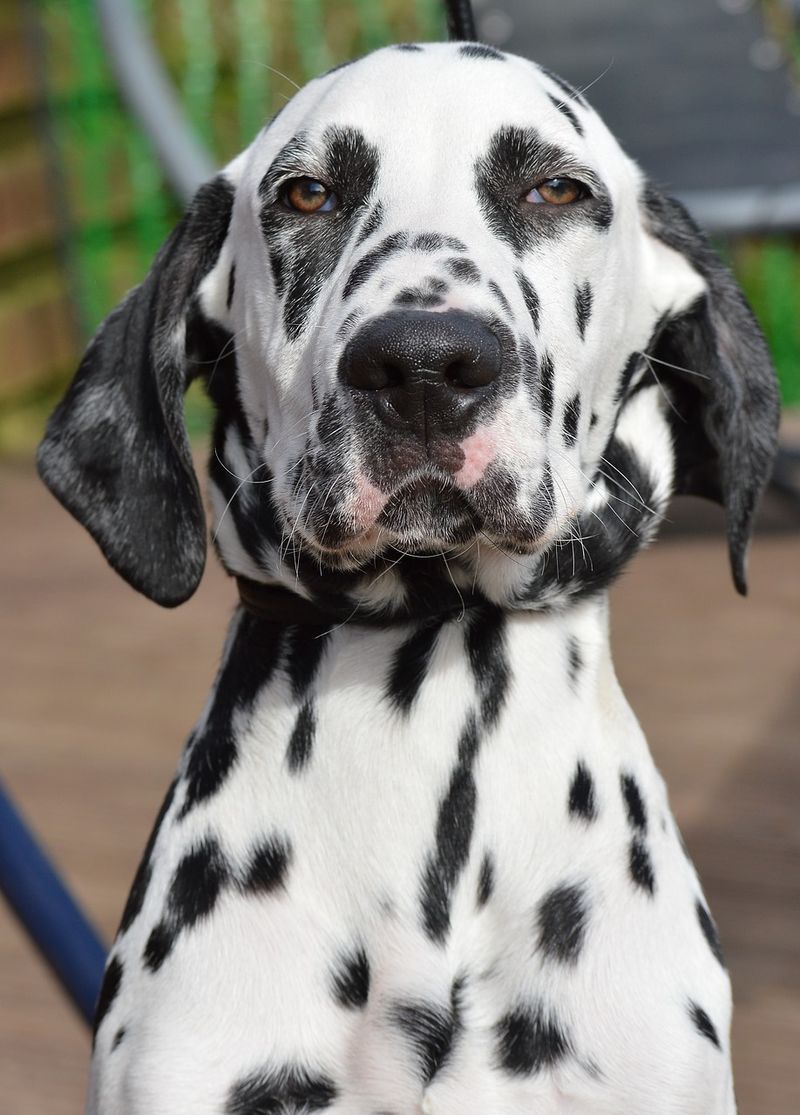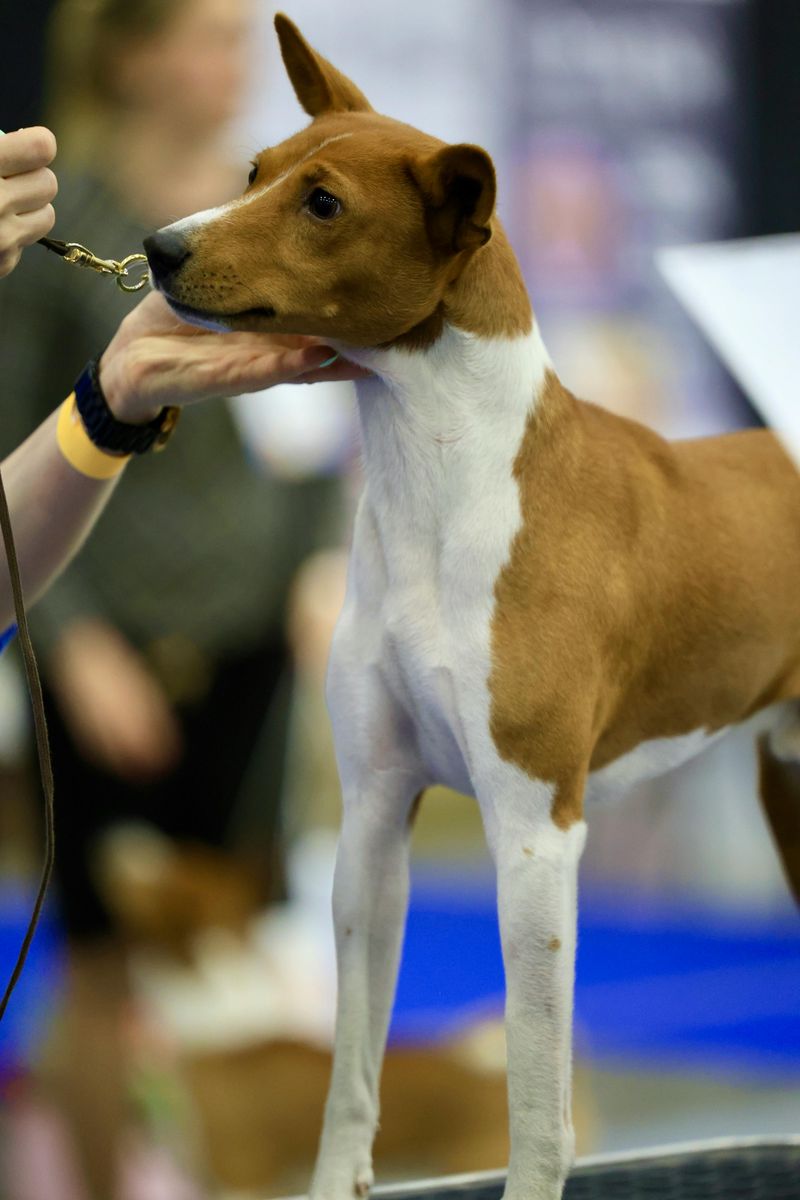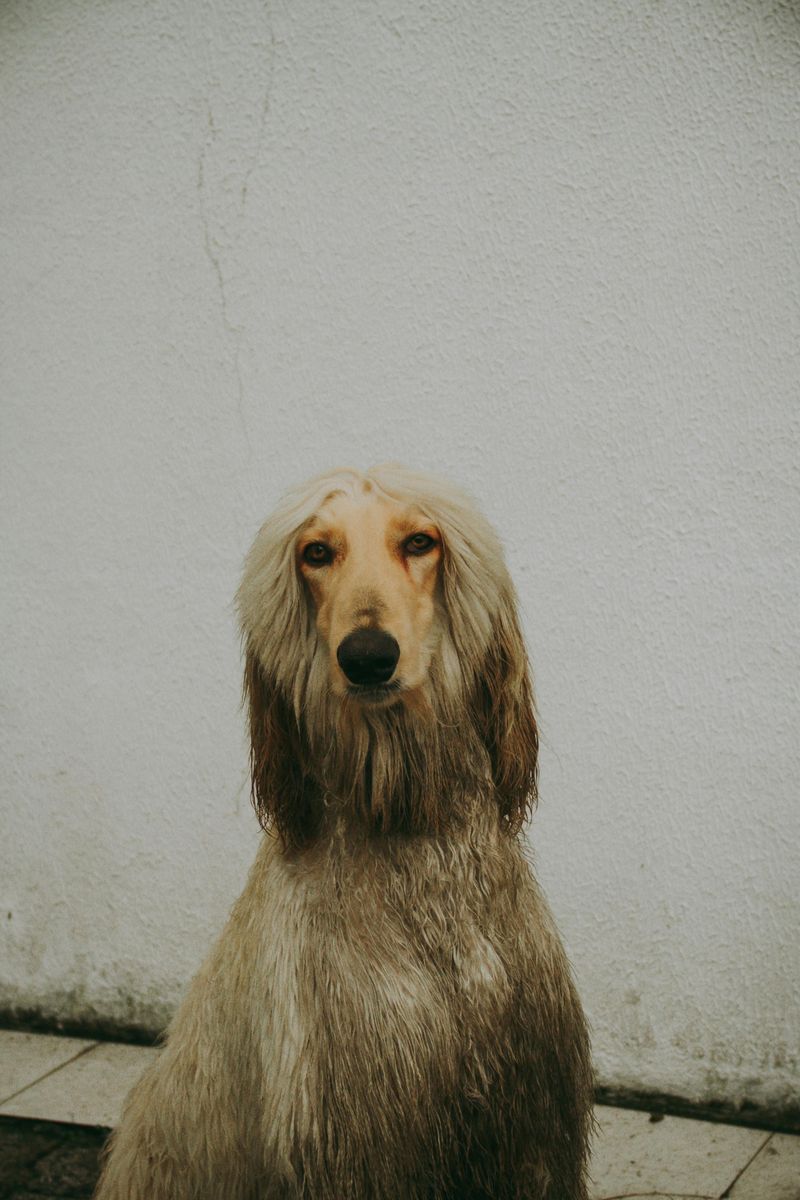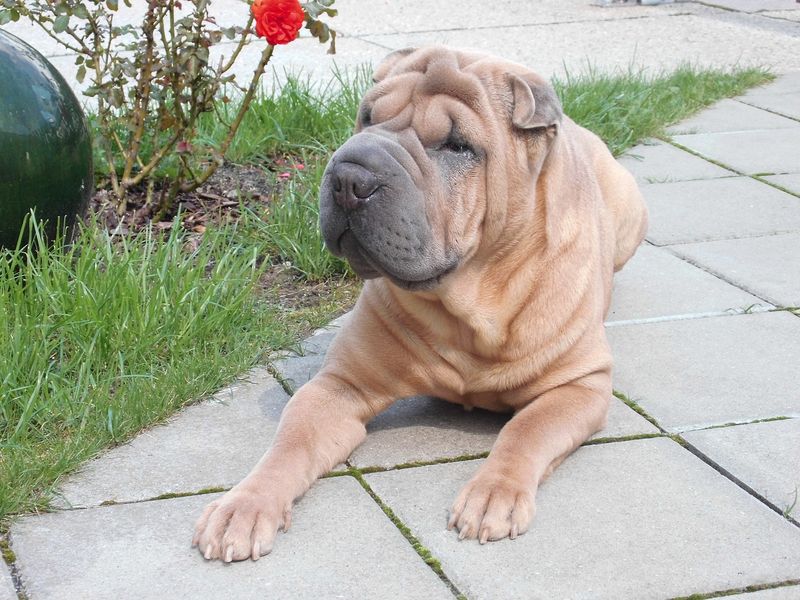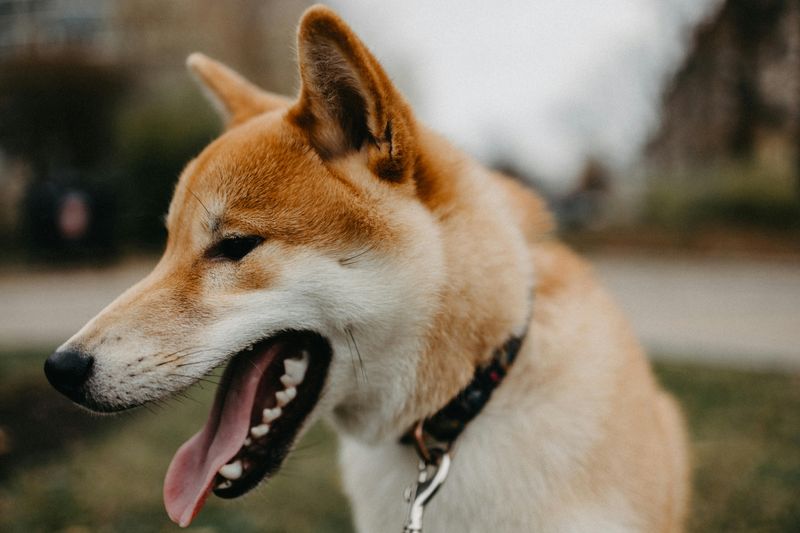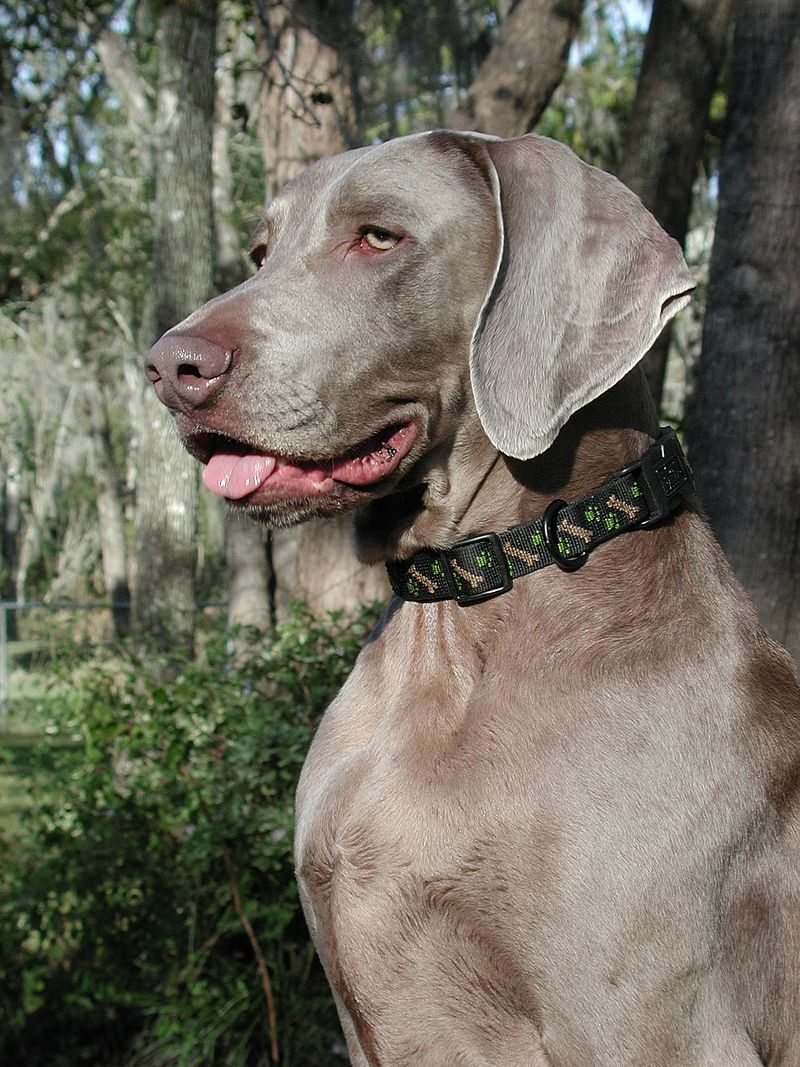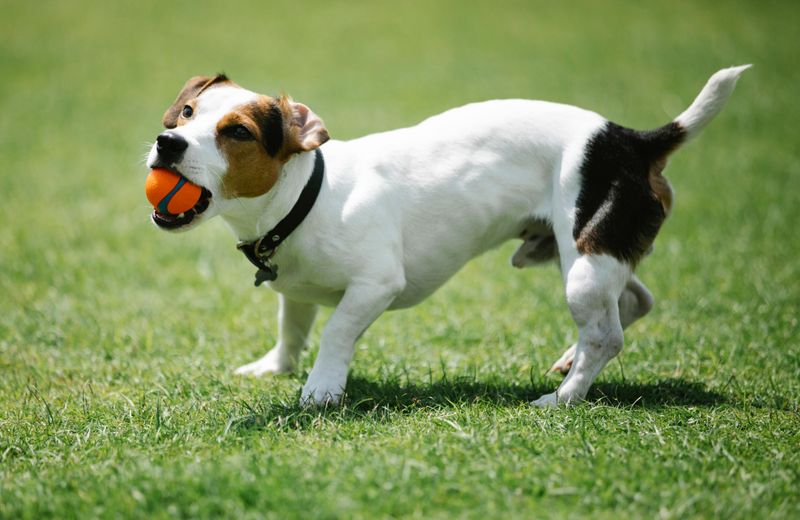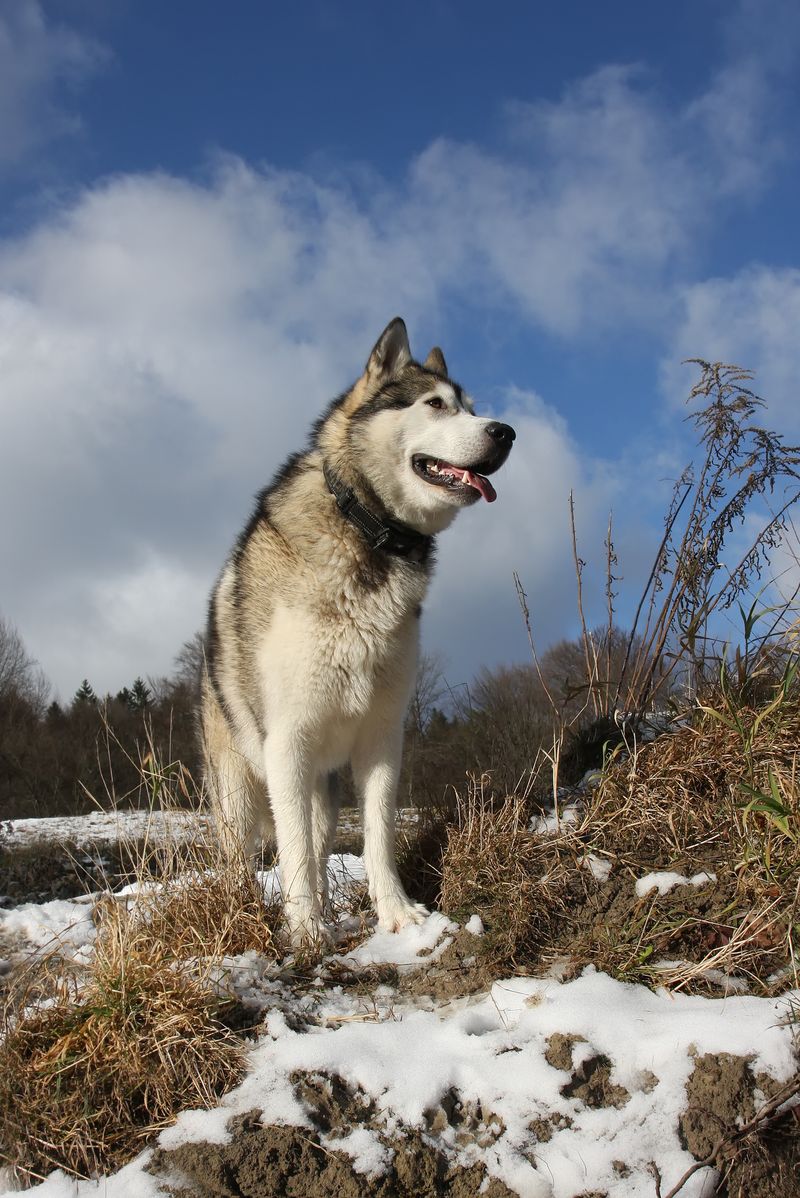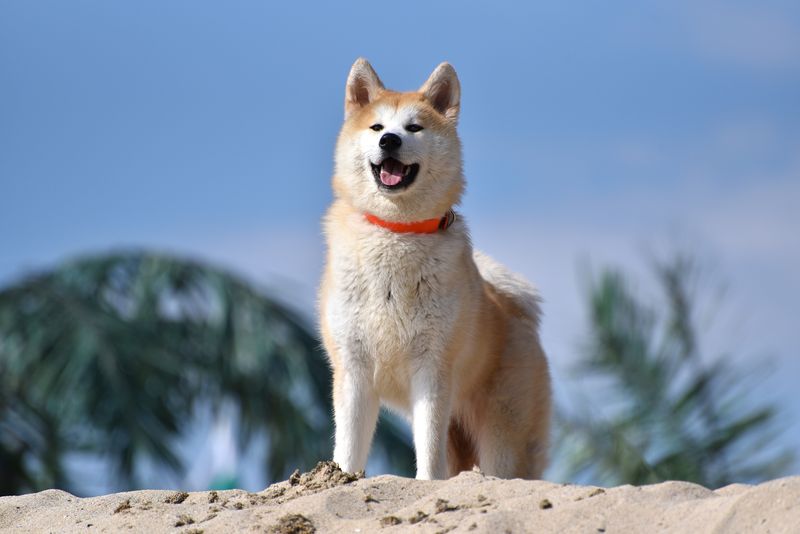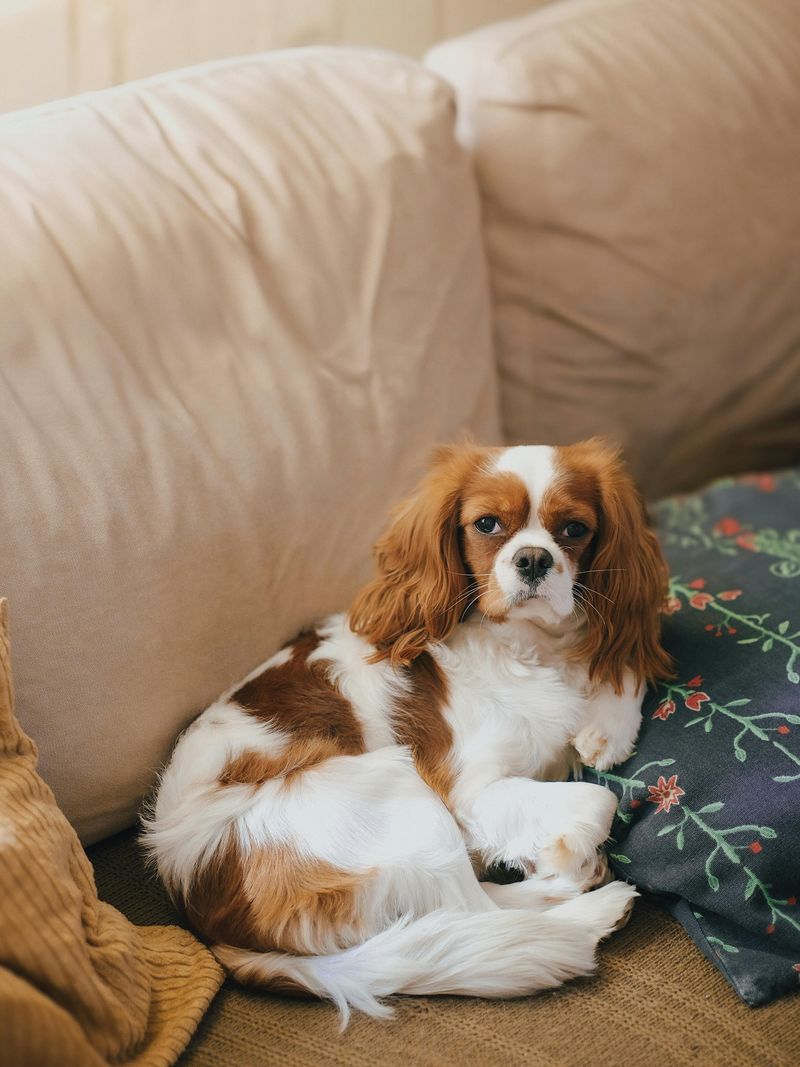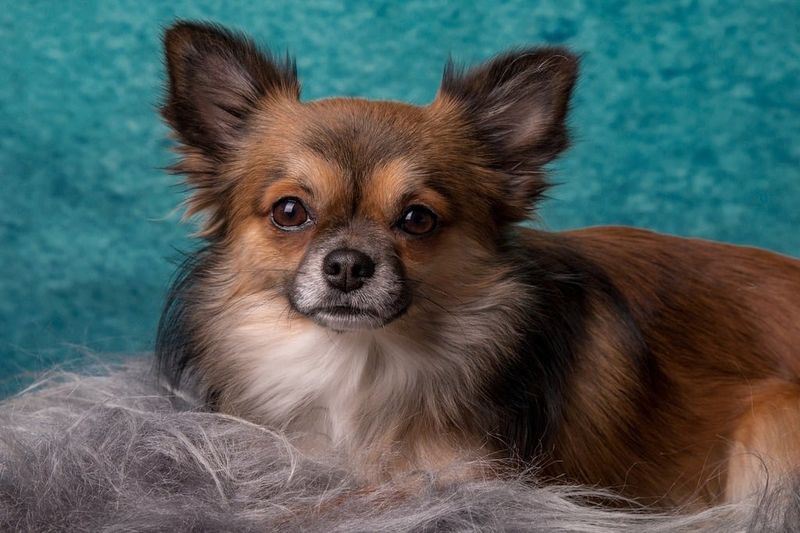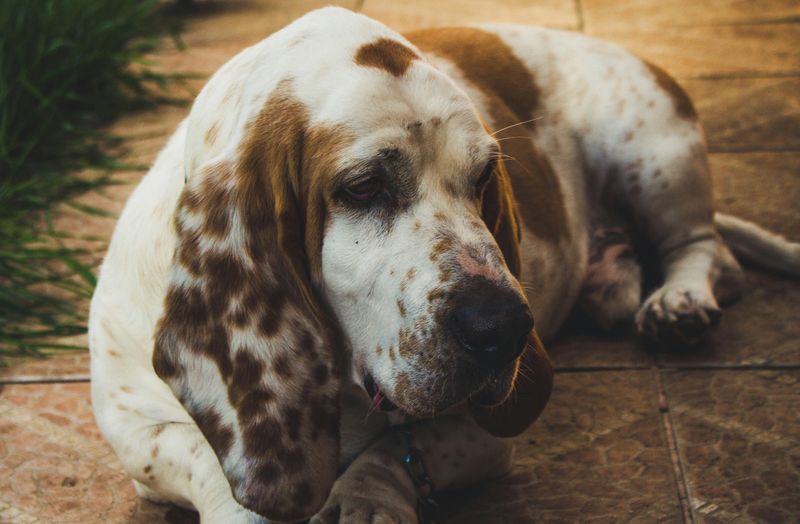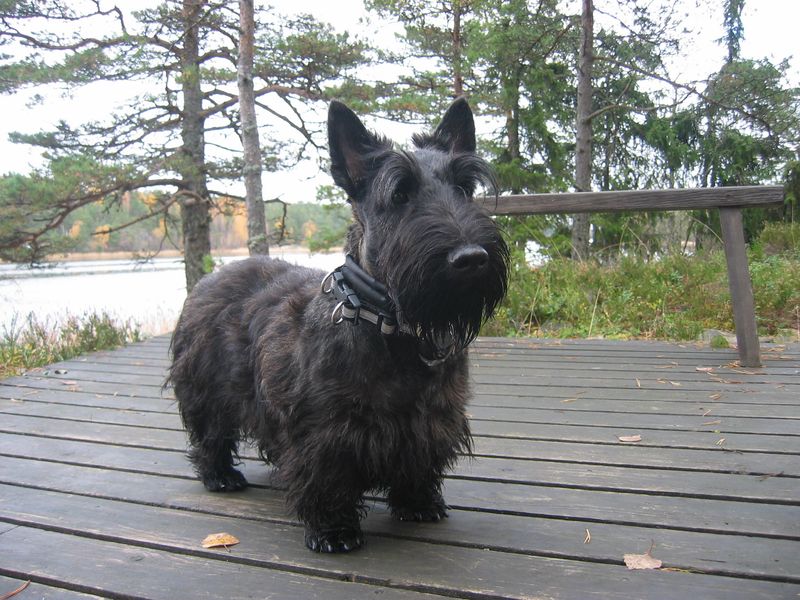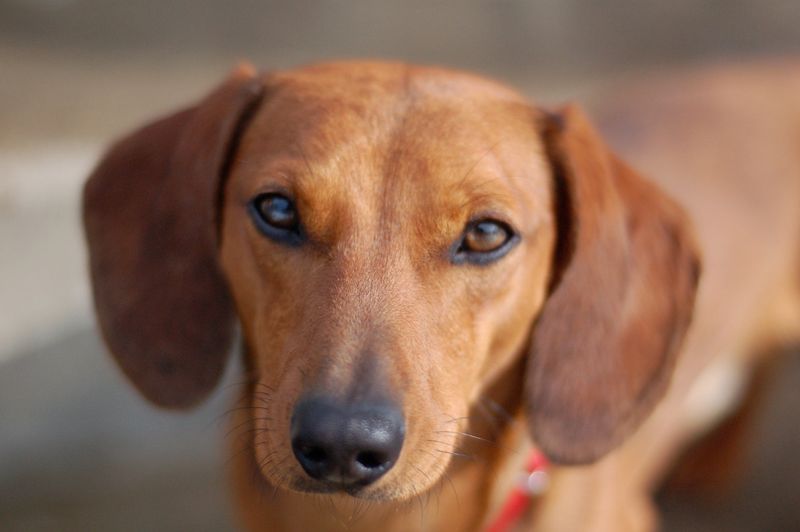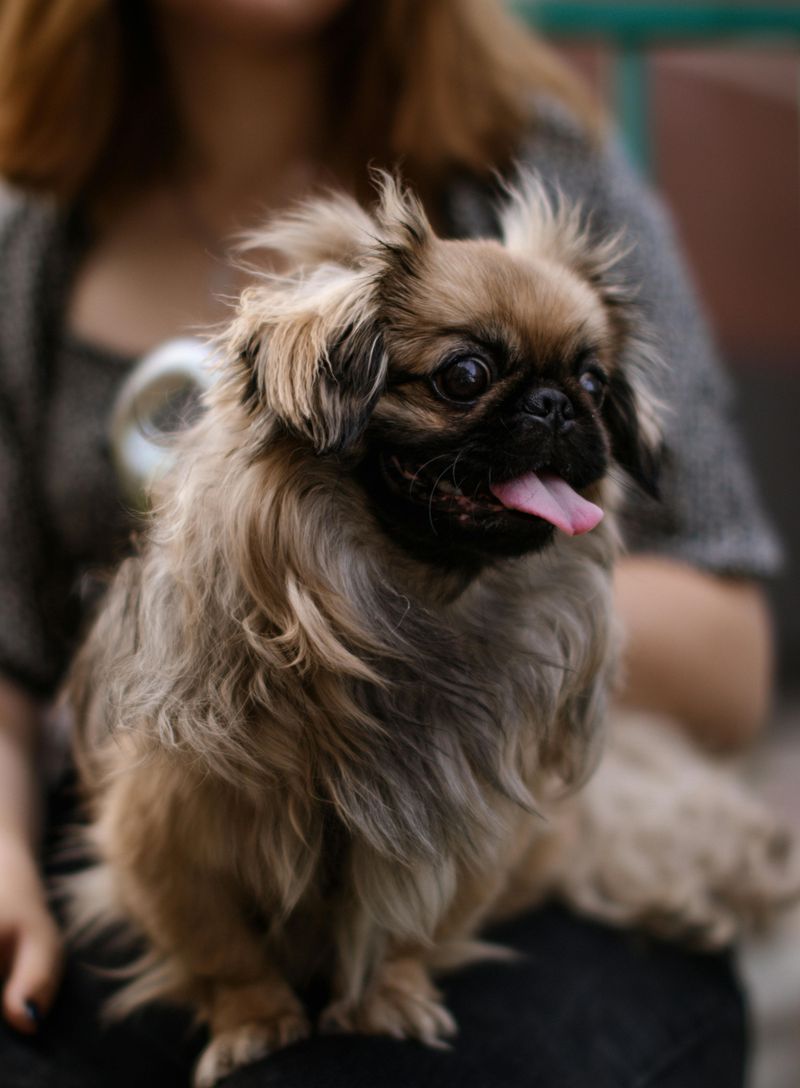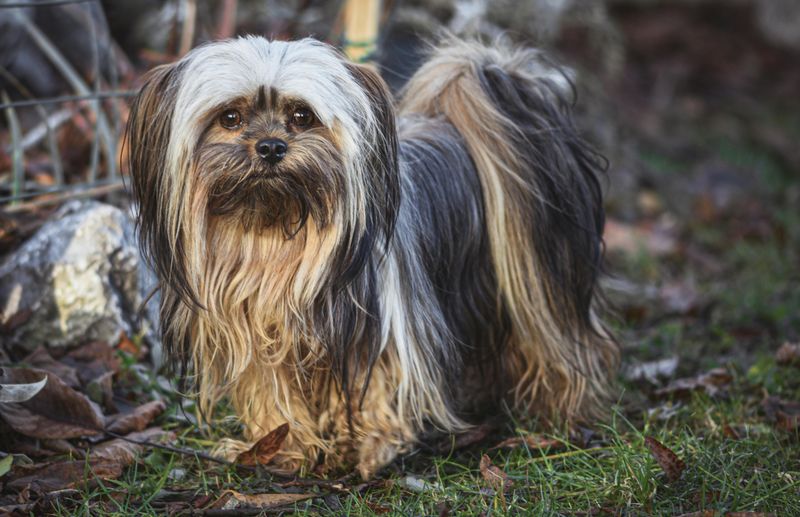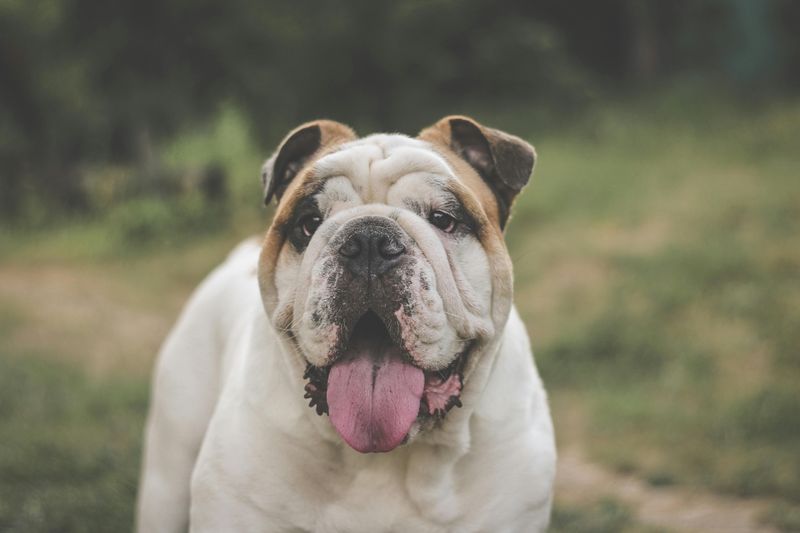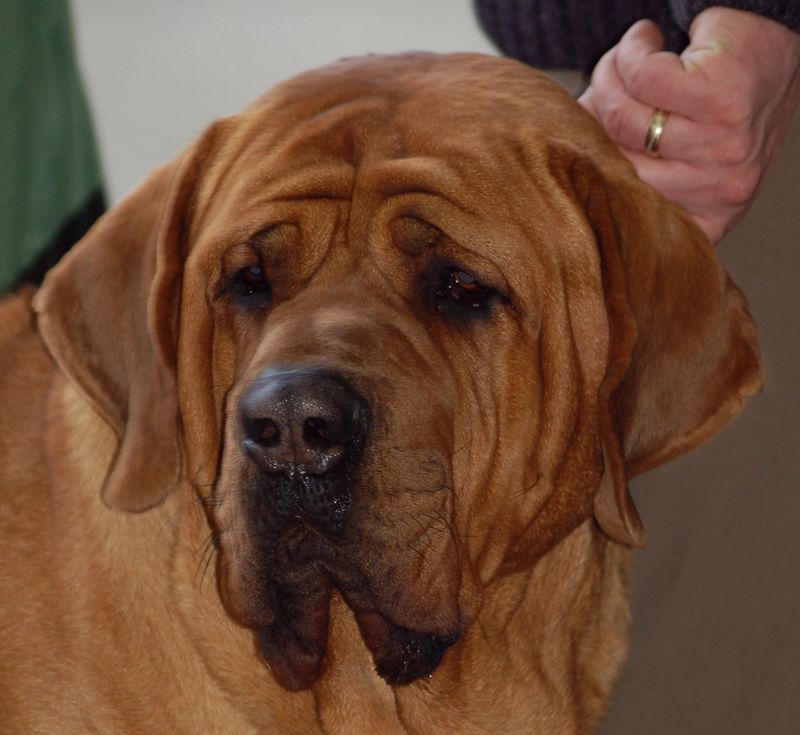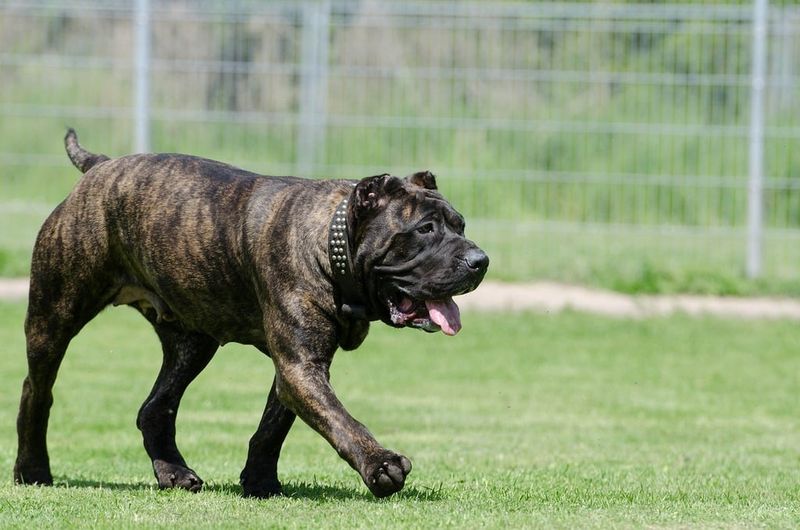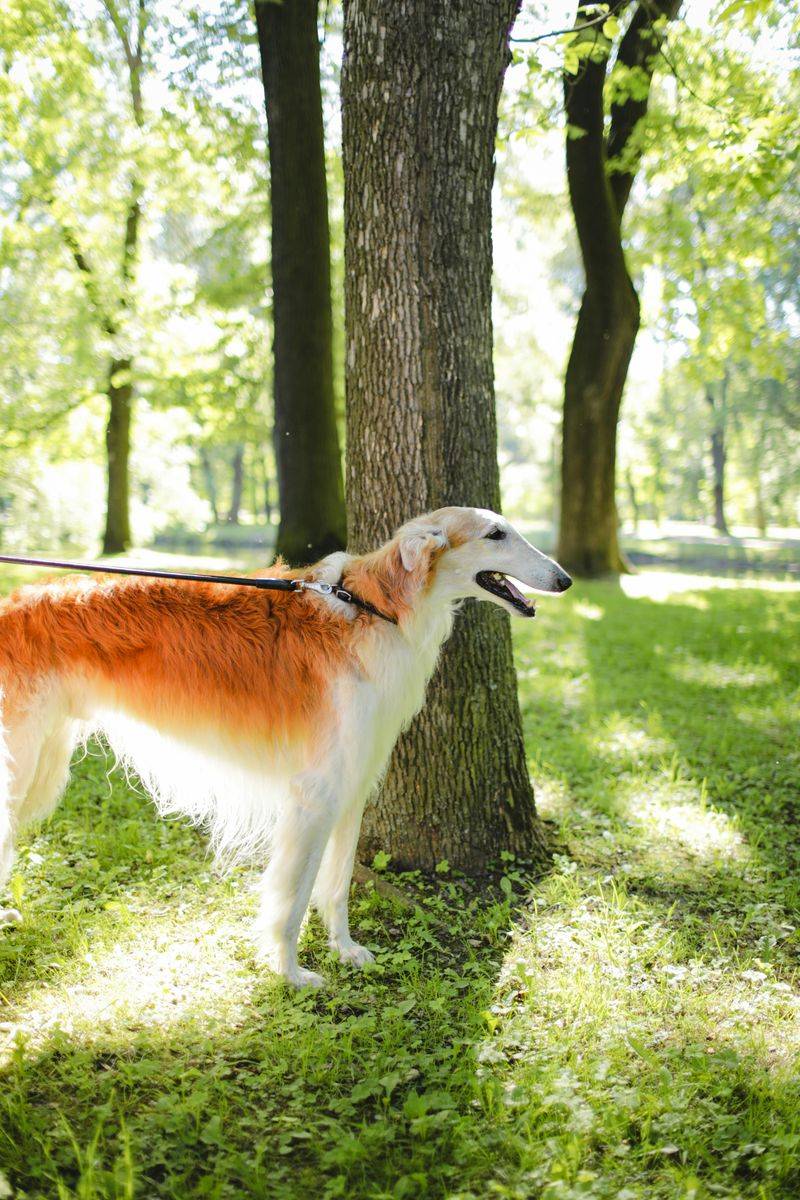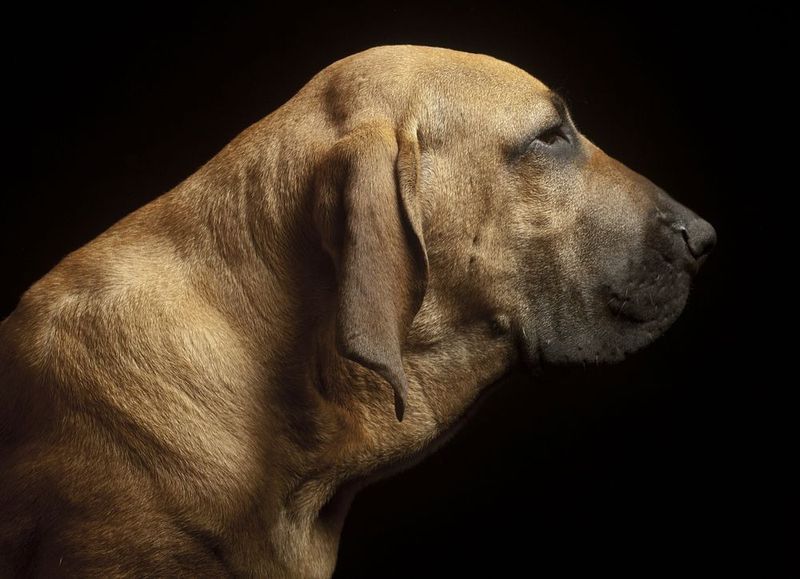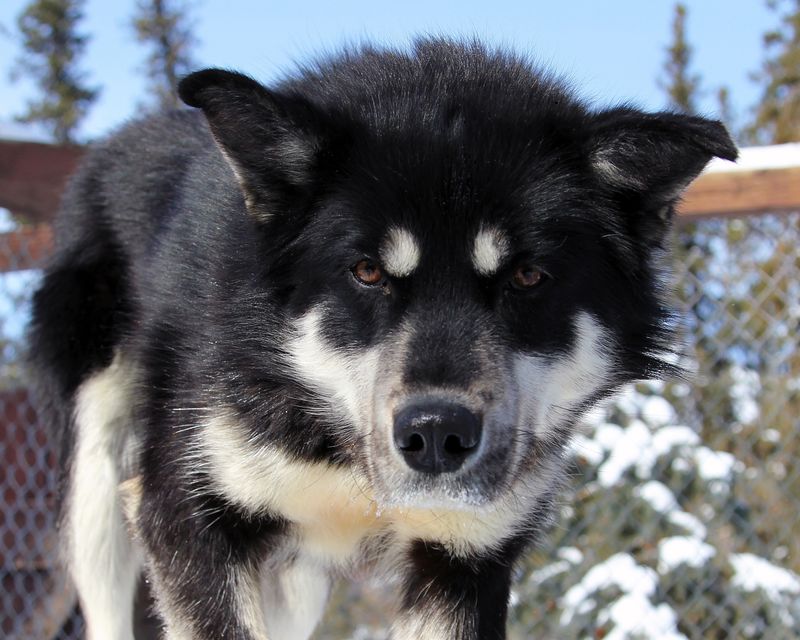Choosing the right dog breed for a family is an important decision. Some breeds, despite their charm and beauty, may not be the perfect fit for all families. This can be due to various reasons such as temperament, size, or energy levels. In this blog post, we explore 24 dog breeds that data suggests may be less suitable for families. Each breed has its own unique traits that, while appealing to some, might not be ideal in a family setting. Let’s dive into the details of why these breeds might require more careful consideration.
Chow Chow
With their lion-like mane and distinct appearance, Chow Chows are quite the sight. However, their independence and aloof nature can make them less ideal for families seeking a playful companion. Known for their strong-willed demeanor, Chow Chows often form a close bond with one person, which might not be suitable for families with children wanting a more interactive pet.
Additionally, they can be reserved and wary of strangers, requiring proper socialization to avoid potential issues. These traits, coupled with their grooming needs, make the Chow Chow a breed that requires careful consideration before bringing them into a family home.
Dalmatian
Dalmatians, famous for their distinctive spots, are high-energy dogs that thrive on activity. This energy, while exhilarating, can be overwhelming for families who prefer a calmer environment. Known for their stamina and playful nature, Dalmatians require regular exercise to keep them happy and healthy.
However, without proper outlets for their energy, they can become destructive, making them less ideal for families with limited time for exercise. Additionally, Dalmatians can be prone to congenital health issues, which may require additional attention and resources. Their vibrant personality and unique needs highlight the importance of assessing lifestyle compatibility.
Basenji
Often referred to as the ‘barkless dog,’ the Basenji is known for its unique vocalizations and curious personality. This breed’s independent nature can often translate into aloofness, making it less of a cuddly companion for families seeking constant affection.
Additionally, Basenjis have a strong prey drive, which may not be ideal for families with other small pets. Their need for mental stimulation and physical activity requires a family committed to providing an engaging environment. With origins as hunting dogs, Basenjis are both fascinating and challenging, demanding a family ready for their distinctive quirks.
Afghan Hound
The Afghan Hound’s beauty and grace are undeniable, but their aloof nature can make them less ideal for families looking for constant companionship. Known for their independence, Afghan Hounds can be somewhat reserved, preferring their own space over the hustle and bustle of family life.
Their grooming needs require regular attention, which might be overwhelming for families with a busy schedule. While they are affectionate with their chosen humans, the Afghan Hound’s unique personality traits and care requirements necessitate a thoughtful approach when considering them as a family pet.
Shar Pei
The Shar Pei, with its signature wrinkles and blue-black tongue, is a breed deeply rooted in history. These dogs can be fiercely loyal but are often aloof with strangers and other pets, traits that might not suit a bustling family environment.
Known for their independence, Shar Peis may be less inclined to participate in the playful chaos that children bring, preferring a more tranquil setting. Their unique skin and coat require specific care, adding another layer of responsibility. Families must consider these factors carefully, as the Shar Pei’s distinct personality and needs might not align with every household.
Shiba Inu
The Shiba Inu, with its fox-like appearance and spirited personality, is a breed known for its independence and alertness. This self-reliance can sometimes manifest as stubbornness, making training a challenge for families unprepared for their strong-willed nature.
Shiba Inus are incredibly loyal to their families but may not be as welcoming to strangers, requiring early socialization. Their high prey drive and energetic tendencies mean they need ample exercise and mental engagement. For families, especially those with small children, the Shiba Inu’s particular traits require careful consideration to ensure a harmonious home life.
Weimaraner
Weimaraners, known as the ‘Gray Ghosts’ due to their distinctive coats, are energetic and intelligent dogs. Their high energy and need for mental stimulation can be overwhelming for families who cannot provide consistent exercise and engagement.
These dogs form strong bonds with their families but can suffer from separation anxiety if left alone for long periods. Their relentless energy and need for companionship make them less suited for households with busy schedules. Weimaraners thrive in active environments, and families considering this breed must be prepared for their unique set of needs and exuberant personality.
Jack Russell Terrier
Jack Russell Terriers are small dogs with big personalities. Their boundless energy and intelligence can be both entertaining and exhausting for families unprepared for their spirited nature. Known for their determination and drive, Jack Russells require regular mental and physical stimulation to stay happy.
Without sufficient engagement, these terriers may resort to destructive behaviors out of boredom. Their strong prey drive can also be a challenge for families with other small pets. A Jack Russell Terrier’s dynamic personality and endless energy require a family ready to embrace their zest for life and provide an active environment.
Alaskan Malamute
Alaskan Malamutes are majestic, powerful dogs with a history rooted in sled-pulling and endurance. Their strength and independent nature make them less than ideal for families seeking an easygoing pet. Known for their pack mentality, Malamutes require a confident leader to establish boundaries and ensure harmony at home.
Their thick coats and high energy levels necessitate regular grooming and exercise, which can be demanding for families with limited time. While Malamutes are affectionate and loyal, their specific needs and strong-willed disposition require a family prepared to invest time and energy into their care.
Akita Inu
Akita Inus are known for their dignified and courageous demeanor. These dogs form deep bonds with their families but can be aloof with strangers, which may not align with families seeking a more sociable pet. The Akita’s independent nature and strong protective instincts require early socialization and training.
Their loyalty and bravery are commendable, yet their dominant personality can pose challenges for inexperienced dog owners. Families considering an Akita must be prepared for a pet that demands respect and understanding, as well as a commitment to nurturing its bold spirit while maintaining a harmonious household.
Cavalier King Charles Spaniel
Cavalier King Charles Spaniels are known for their charming and affectionate nature. However, their gentle disposition and need for companionship mean they may struggle in homes where they are left alone for long periods. These spaniels thrive on human interaction and can develop separation anxiety if neglected.
Their small size and adaptability might seem ideal for families, yet their specific emotional needs require a household that can provide plenty of love and attention. A Cavalier’s endearing personality and vulnerable heart demand a family ready to reciprocate their affection and accommodate their sensitive nature.
Chihuahua
Chihuahuas, despite their tiny stature, possess an outsized personality filled with vigor and sass. Their bold nature can sometimes come across as overly assertive, particularly in homes with young children who might unintentionally provoke them.
Known for their loyalty to their owners, Chihuahuas can be less tolerant of strangers or other pets. Their small size requires careful handling and a safe environment to prevent injury. While they are fiercely devoted companions, Chihuahuas need an understanding family that respects their spirited character and can manage their distinct needs.
Basset Hound
Basset Hounds are beloved for their droopy ears and gentle eyes, yet their laid-back demeanor can sometimes be mistaken for stubbornness. Their slow-moving nature and strong scent-tracking instincts require patience and understanding from owners.
While they are generally good-natured, their independent streak may not align with families seeking a highly responsive pet. Bassets are prone to obesity, necessitating regular exercise despite their leisurely pace. Families considering a Basset Hound must appreciate their unique charm and be prepared for a pet that, while loving, dances to the beat of its own drum.
Scottish Terrier
Scottish Terriers, with their bushy beards and dignified appearance, are known for their independence and assertive nature. These small yet sturdy dogs exude confidence, which can sometimes translate into stubbornness, making training a challenge for inexperienced owners.
While they form strong bonds with their families, Scotties can be aloof with strangers and other animals, requiring careful socialization. Their terrier instincts drive a high prey drive, which may not be suitable for families with other small pets. The Scottish Terrier’s distinctive personality requires a family prepared to embrace its spirited and self-assured nature.
Dachshund
Dachshunds, affectionately known as ‘wiener dogs,’ are famous for their unique body shape and playful curiosity. Despite their small size, Dachshunds have a bold and adventurous spirit that can lead them into mischief if not properly engaged.
Their strong hunting instincts and determination can be challenging for families with other small pets. Dachshunds require gentle handling and consistent training to prevent stubborn behaviors. While they are affectionate and loving companions, their independent streak and need for mental stimulation demand a family willing to nurture their lively and inquisitive nature.
Pekingese
Pekingese dogs, with their royal lineage and lion-like appearance, are known for their dignified and independent nature. These small companions often prefer a serene environment, which may not align with the chaos of a bustling family home.
Their long coats require regular grooming, which can be demanding for families with limited time. While Pekingese are loyal and affectionate to their chosen humans, their aloofness with strangers and other animals necessitates early socialization. Families considering a Pekingese must be prepared for a pet that enjoys its own space and commands respect with grace.
Lhasa Apso
Lhasa Apsos, originally bred as sentinel dogs in monasteries, possess a unique blend of charm and independence. Their keen sense of alertness can make them excellent watchdogs, but this trait may not suit families seeking a relaxed pet environment.
Their luxurious coats require diligent grooming, and their independent streak can translate into stubbornness during training. Lhasas are loyal companions but may be reserved with strangers, necessitating early social engagement. Families intrigued by a Lhasa Apso must be ready for a pet that values its own judgment and requires consistent care and understanding.
Bulldog
Bulldogs, with their distinctive wrinkled faces and muscular builds, are symbols of strength and tranquility. Yet, their laid-back nature often masks stubbornness, which can pose challenges during training. Bulldogs thrive in quiet environments where they can bask in comfort, making them less suited for active families.
Their unique facial structure and stocky build may lead to health issues, requiring attentive care. While they are gentle and affectionate, Bulldogs demand a family that appreciates their mellow demeanor and is prepared to manage their specific health and care requirements.
Tosa Inu
Renowned for its strength and bravery, the Tosa Inu is a breed that stands out. Originally bred in Japan for dog fighting, this dog is not just a powerhouse but also exhibits a calm and dignified demeanor.
While its loyalty is unwavering, its need for a firm leader is paramount. Without proper training, the Tosa can become overly protective and difficult to manage, especially around strangers.
This breed’s physical strength and independent nature make it challenging for inexperienced owners, particularly in a family setting where consistency and authority are key.
Cane Corso
The Cane Corso, with its impressive stature, is a guardian at heart. This breed thrives when it has a job to do, channeling its energy into protection and companionship.
Though devoted to its family, the Cane Corso’s dominant personality requires an experienced hand. Its protective instincts can sometimes lead to territorial behavior, which may not suit all family environments.
For families willing to invest time in training and socialization, the Cane Corso can be a loyal friend. However, its size and strength demand respect and understanding.
Borzoi
With elegance that matches its speed, the Borzoi is a sight to behold. Originally bred for hunting, this breed combines grace with a strong prey drive, making it a unique companion.
The Borzoi is gentle yet independent, often preferring quiet companionship over playful chaos. This trait may not blend well with the energy of young children.
Families who appreciate a serene atmosphere may find the Borzoi’s calm presence appealing, but its aloof nature requires a patient and understanding owner.
Fila Brasileiro
The Fila Brasileiro is a symbol of loyalty and strength. Protective by nature, this breed was historically used for tracking and hunting, demonstrating its working roots.
This dog’s deep bond with its family is profound, yet its wariness of strangers is notable. Such caution can transform into aggression if not managed with proper training.
Families considering a Fila Brasileiro must prioritize socialization and leadership. Its imposing size and protective instincts are best suited to homes where its strength is respected and harnessed.
Karelian Bear Dog
Fearless and determined, the Karelian Bear Dog is known for its hunting prowess. From bear hunting to guarding, this breed’s history is rich with adventure and bravery.
Its strong-willed nature and high energy levels require an active lifestyle. Without adequate stimulation, the Karelian can become restless, making it less suitable for sedentary families.
For those who love the outdoors and seek a companion with unmatched courage, the Karelian Bear Dog could be a perfect match, but it demands time and dedication.

